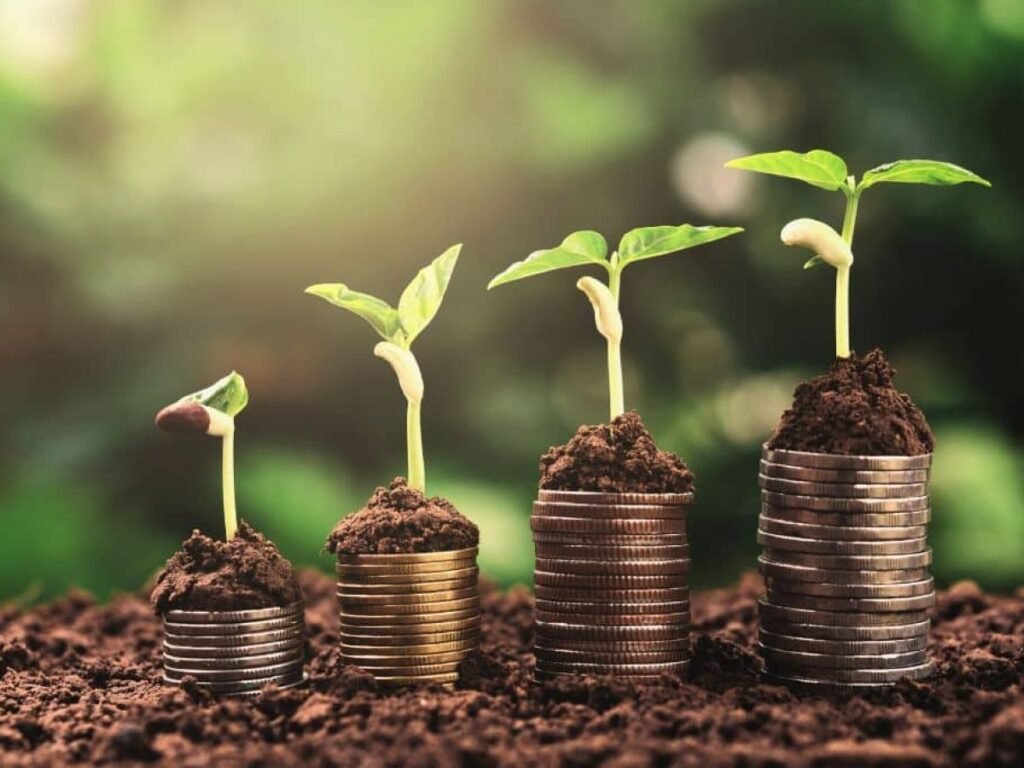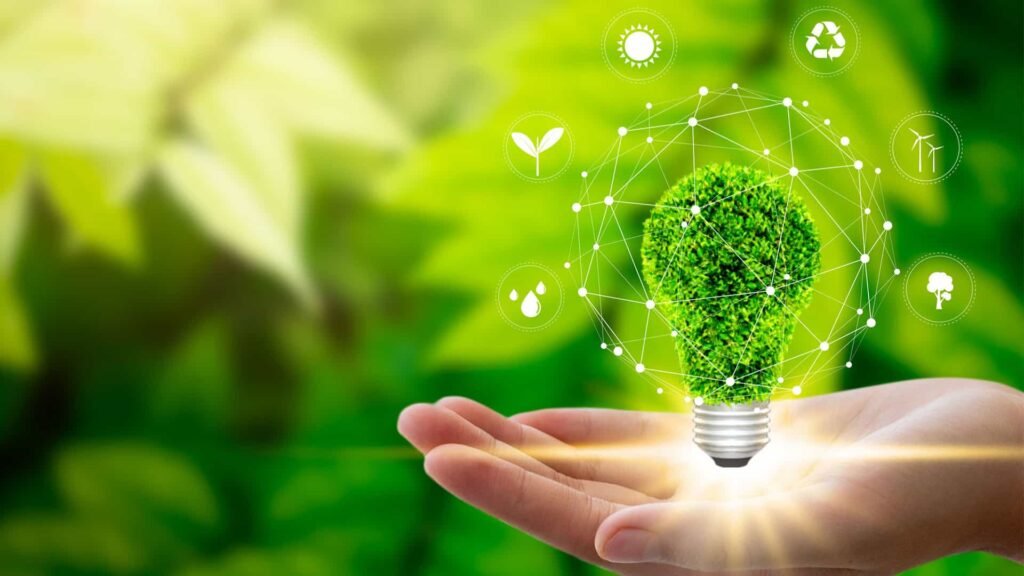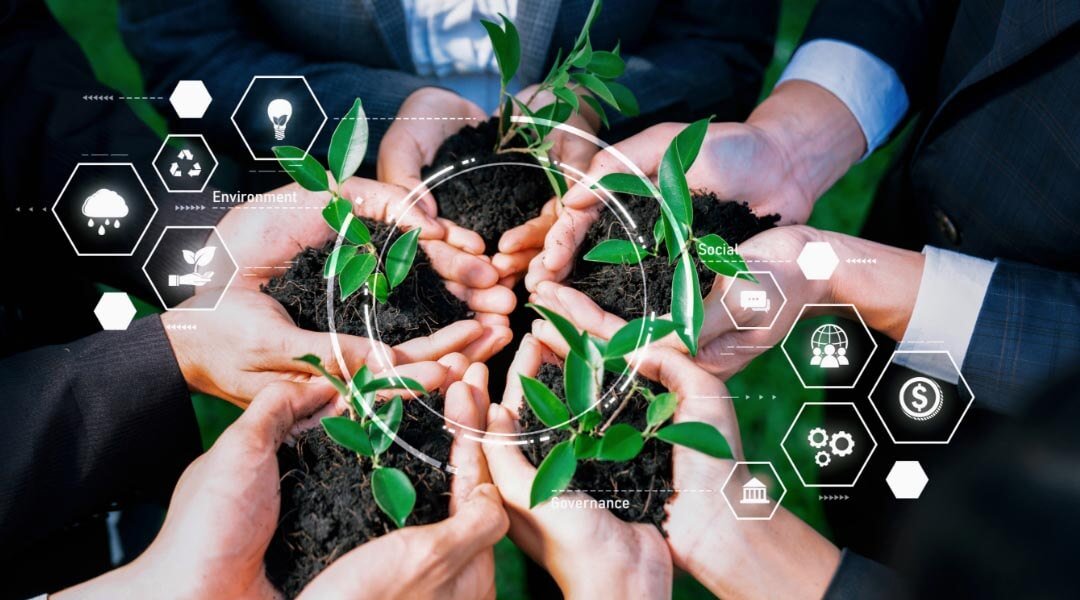In a world increasingly shaped by rapid consumption and industrial growth, sustainability has emerged as more than just a buzzword—it’s a necessity. It refers to meeting our current needs without compromising the ability of future generations to meet theirs. This principle stretches across environmental, economic, and social spheres, encouraging individuals, businesses, and governments to take responsibility for long-term well-being.

Environmental Dimension
Environmental sustainability focuses on protecting natural resources. Practices such as renewable energy adoption, reforestation, waste reduction, and circular economies help limit ecological damage. For example, replacing single-use plastics with biodegradable alternatives can drastically reduce ocean pollution.
Economic Dimension
True sustainability also means building resilient economies. This involves creating fair job opportunities, supporting local industries, and reducing dependence on finite resources. Sustainable business practices—like ethical sourcing and energy efficiency—lower costs while protecting the planet.

Social Dimension
Sustainability isn’t just about nature or money; it’s about people. Education, healthcare access, gender equality, and community engagement are integral to building societies that thrive long-term. Social sustainability ensures everyone benefits from progress.
Why It Matters Now
Climate change, resource scarcity, and global inequalities have made sustainability a pressing issue. By adopting sustainable practices in daily life—such as reducing waste, conserving energy, and supporting eco-friendly brands—individuals play a vital role in shaping a healthier future.






